| Sorted by date | |||
page181from Building Ideas
A
further refinement of the “vulgar” Marxist understanding of history came from
the Italian philosopher, Antonio Gramsci, who was also active in the Communist
party around the time of World War 1. Following the failure of the Communists
to take power after the war, Gramsci was imprisoned by the Fascists in the late
1920s. While detained he was allowed to write, and composed a series of Prison
Notebooks, which were published after his death following his release in 1937.
Gramsci’s contribution to Marxist thinking echoes that of Lukács, although he develops the
problem of ideology into the field of popular culture. He uses the concept of
hegemony to describe the pervasive presence of ideology, and to explain why
Marx’s “base and superstructure” notion is too simplistic when taken literally.
Again he develops a dialectical relationship between the two components of Marx’s
model, and shows how the institutions of the superstructure actually serve to
support the base. This takes place at the level of ideas, through the process
of dissemination carried on by the state which, by controlling the supply of
information, is able to condition a great deal of what people think. According
to Gramsci, class interests present themselves as cultural phenomena and it is
these in turn that become reified into seemingly “natural” principles. This
second nature that is created, as a cocoon around society, prevents anyone
seeing outside it to a possible alternative system. As he wrote in the Prison
Notebooks on the “educative” role of the state:
…
One of its most important functions is to raise the great mass the of
population to a particular cultural and moral level, a level (or type) which
corresponds to the needs of the productive forces for development, and hence to
the interests of the ruling classes. The school as a positive educative
function, and the courts as a repressive and negative educative function …
(and) in reality, a multitude of other so-called private initiatives and
activities tend to the same end – initiatives and activities which form the
apparatus of the political and cultural hegemony of the ruling classes.12
|
|||
|
|||
|
|
 ... ...
... ... ... ...
... ... ... ...
... ... ... ...
... ... ... ...
... ... ... ...
... ... ... ...
... ... ... ...
... ... ... ...
... ...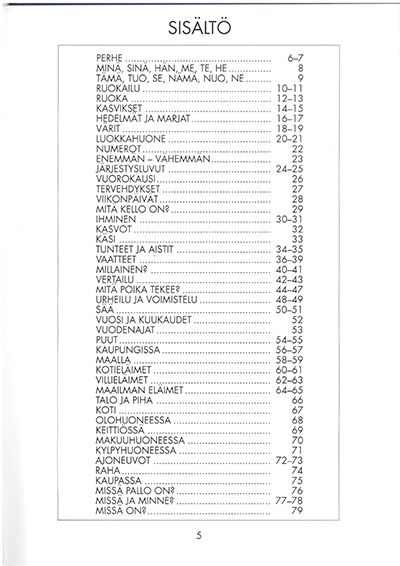 ... ...
... ... ... ...
... ...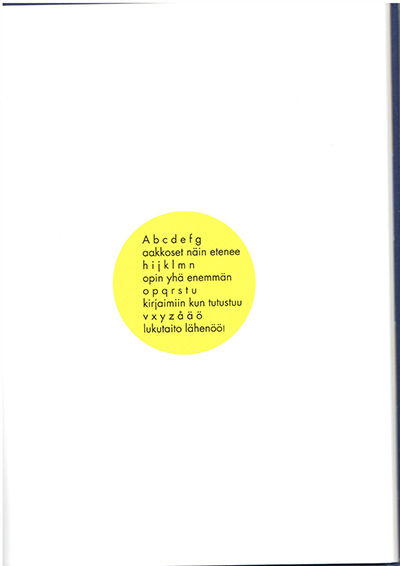 ... ...
... ...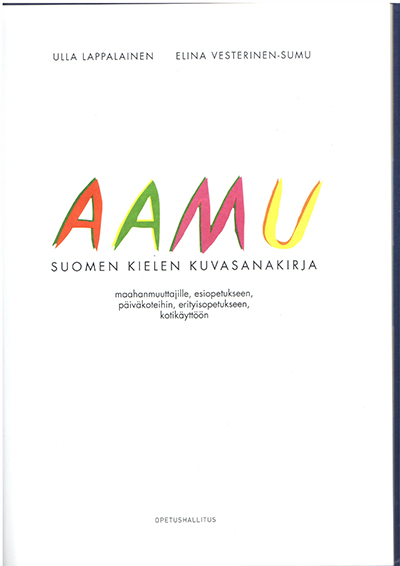 ... ...
... ...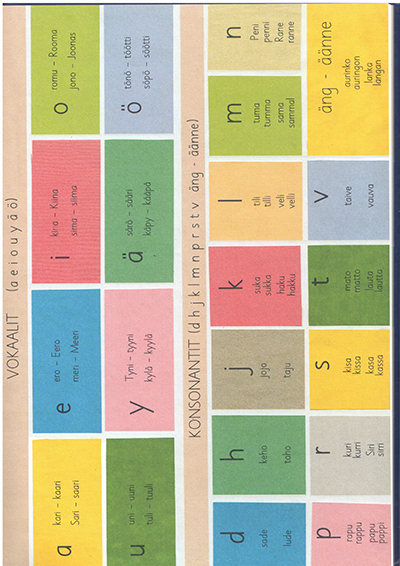 ... ...
... ...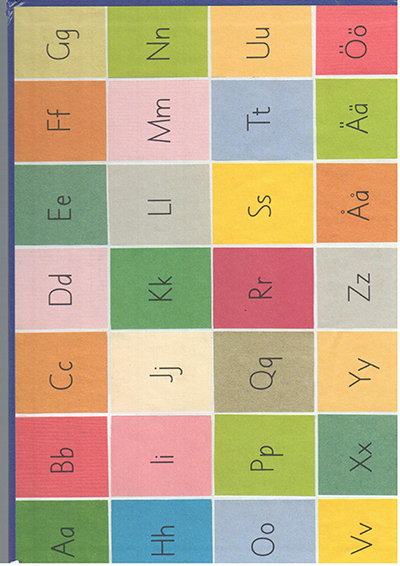 ... ...
... ...